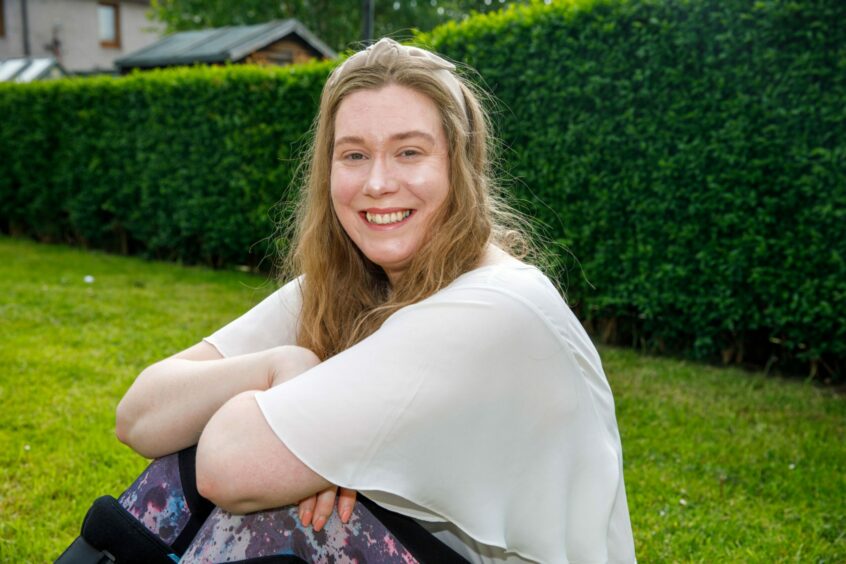
With a family history of life-changing Huntington’s disease, Suzanne Armit was already questioning whether she would be able to reach milestones such as getting married or having children.
But when the 30-year-old from Rosyth finally she took the test to see if she carried the faulty gene responsible for the illness, she received a shock result.
“My result was negative, I don’t carry the faulty gene,” she said.
“I actually didn’t take it very well believe it or not because I had almost convinced myself that I had it.
“I was in shock when they told me, I couldn’t believe it.
“My mum and dad were over the moon and I accepted it in time.”
Suzanne has a family history of the disease, losing her father to it in 2022.
She remains a committed campaigner and fundraiser, helping to bring scores of Fifers to Glasgow in May 2023 for a dance-a-thon event in George Square.
This is her story.
Why Suzanne decided to take the test for Huntington’s
Suzanne wanted to get married and have a family of her own but realised she might not be able to do that if she had Huntington’s disease.
Her dad, Thomas, 61, was diagnosed with the condition in 2004.
Suzanne revealed how he discovered the faulty gene ran in the family.
She said: “My nan, his [dad’s] mum, found out that she had Huntington’s disease in 2003.
“She had no idea it was in the family – no-one knew.
“At the time we knew nothing about it, or what it was, and just through finding out more about it, we learned it was hereditary.
“The next year my dad got tested.”
Suzanne took the test herself in January 2018.
Suzanne has a partner Andy and a step-daughter, Annabella, 8.
“I knew what was coming with my dad and I just wanted to know,” she said.
“I wanted to get married and have children and I didn’t know if I would be able to have all of that.”
After she processed the result of her own test, she was able to concentrate even more energy on her dad.
“It was a case of then thinking well my dad is going to become unwell one day so I can focus on him.
“Now I don’t have to worry about my own future.”
Suzanne’s dad’s experience with Huntington’s disease
Huntington’s disease is caused by an inherited faulty gene that damages the brain and can lead to loss of ability to walk, talk, eat, drink and swallow.
People with the disease may develop recurring jerky movements they can’t control, early-onset dementia and mental illness such as depression and anxiety.
Each child of a parent with Huntington’s is at 50% risk of inheriting the disease.
Suzanne said her dad didn’t start developing symptoms until he was in his late 40s.
She explained: “My nan had problems with her mobility and driving became quite difficult for her.
“She was also quite forgetful.
“But my dad didn’t become symptomatic until he was 48-49 years old.
“Again it was movements – his feet started to go first.
“He would be sitting in his chair when he would suddenly give a little kick every so often, a minimal twitch.
“But it was frequent enough for us to wonder what was happening.”
What are the symptoms of Huntington’s disease?
Suzanne said the family started noticing other changes too.
For example, she said routine suddenly became very important for her dad: “He liked to have a Red Bull every morning and it had to be on a particular shelf in the fridge.
“If it wasn’t on that shelf or in the fridge, it would become a disaster.
“Time was a massive thing for my dad – if anything suddenly changed, he became agitated and frustrated.”
She said the deterioration was slow to begin with but got worse as the years went on.
Thomas developed difficulties with swallowing food and lost the ability to communicate.
He eventually went into a care home around eight years ago and was there until he went into hospital in 2021.
He passed away in February last year.
How many people in Fife and Tayside have the condition?
The Scottish Huntington’s Association supports just over 200 family members in Fife, including people with the disease, those at risk, young people and carers.
It also supports the same number in Tayside.
Nationally around 800 people in Scotland have Huntington’s disease.
And a further 3200 are believed to be at risk of developing it.
How dancing brought the Fife Huntington’s disease community together
For the past 20 years, Suzanne has been supported by Scottish Huntington’s Association, because of her dad being affected by the condition.
So she was delighted to be asked to get involved with the organising of this year’s Dance 100, which is a fundraiser and awareness event organised by the Association.
The event was held to mark Huntington’s disease awareness month.
Suzanne attended the event for the first time in 2022 and was back again this year at the dance-a-thon which took place in George Square, Glasgow on May 14.
Around 50 people from The Scottish Huntington’s Association Fife family branch attended the Glasgow event.
It aims to increase understanding about the devastating condition, including Suzanne and members of her family.
The event last year raised £22,000 for the association.
Suzanne said: “You basically dance to 100 songs which are played continuously by a DJ throughout the day.
“Songs like the Cha Cha Slide, the Slush as well as ’80s, ’90s and today’s music are played.
“There were songs to get everyone involved.
Raising awareness of Huntington’s disease
“It was amazing from start to finish and I absolutely loved it.
“It’s an important event to help raise awareness of Huntington’s too because it’s just not out there enough.
“There are still a lot of people who don’t know about it.
“I think it’s important to help families affected by Huntington’s disease come together.”
She added: “The disease continues to affect my family so it’s good to be able to do something positive for us and for the wider Huntington’s community.”
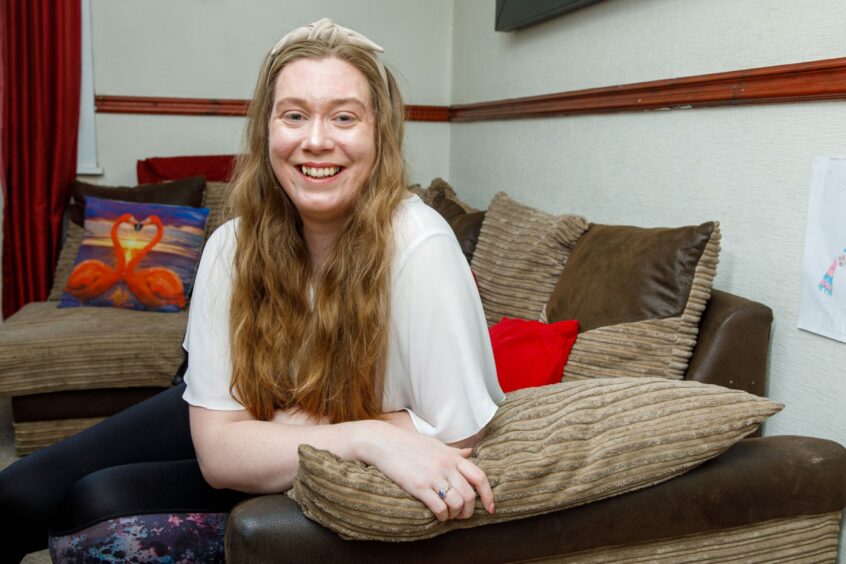
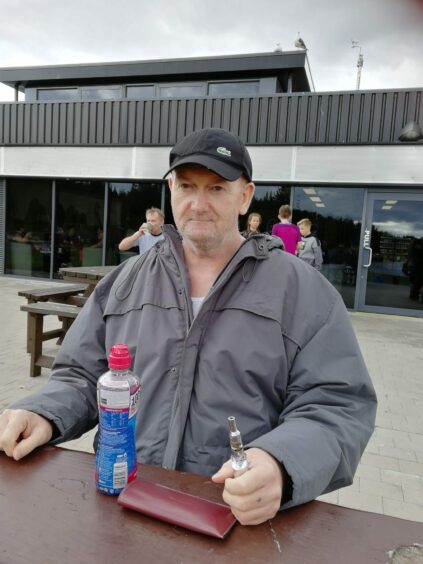
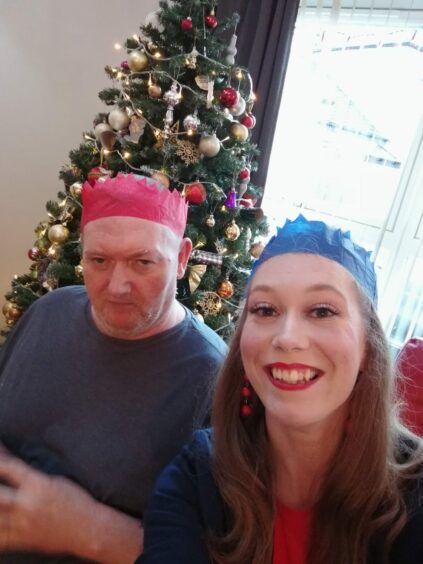
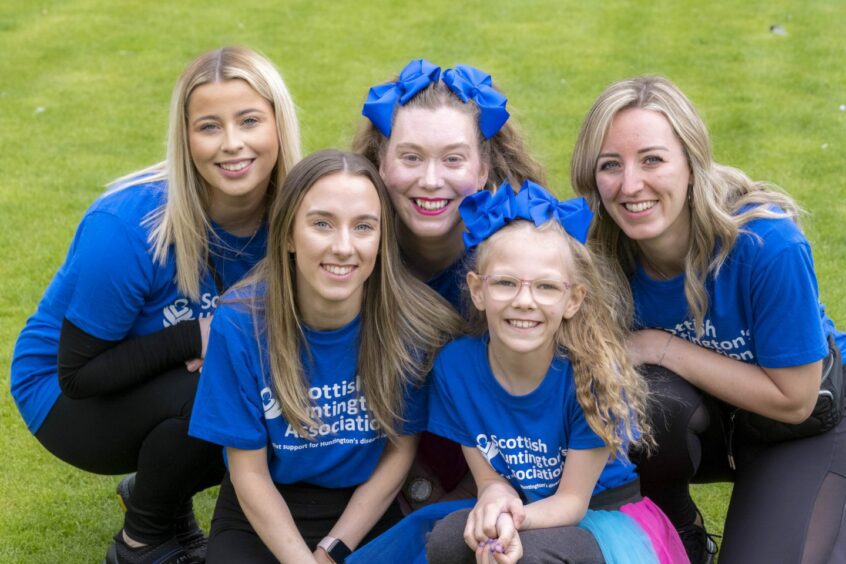
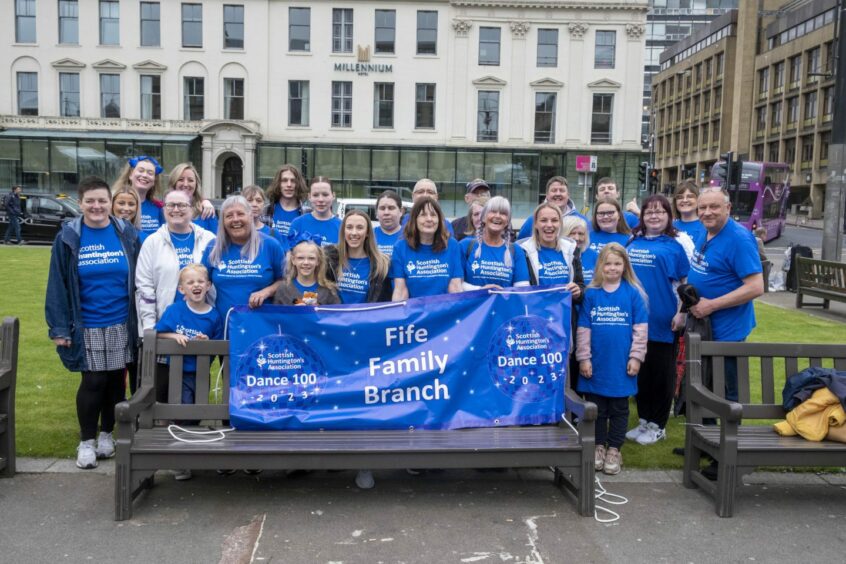
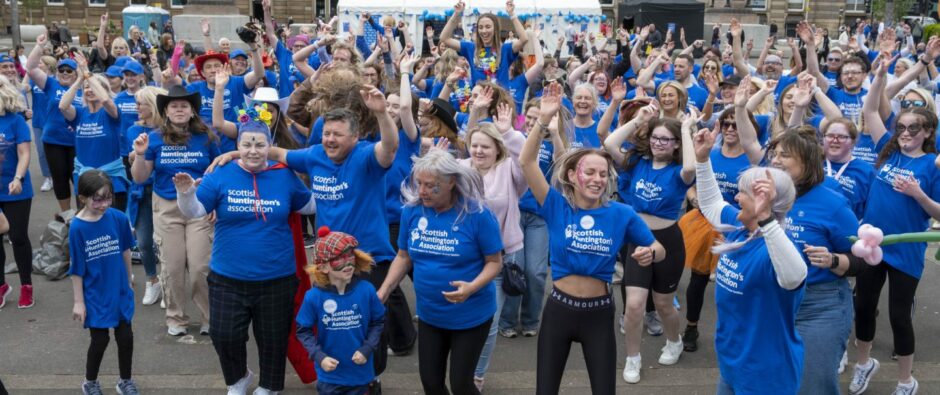
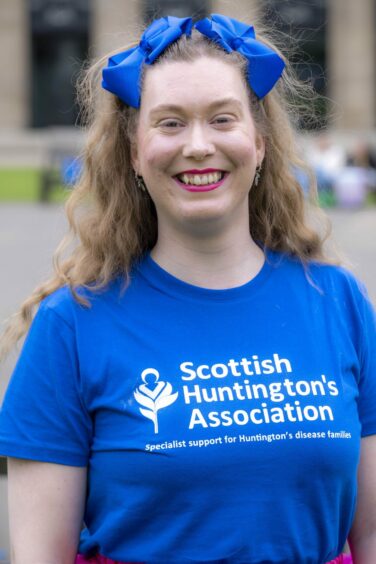
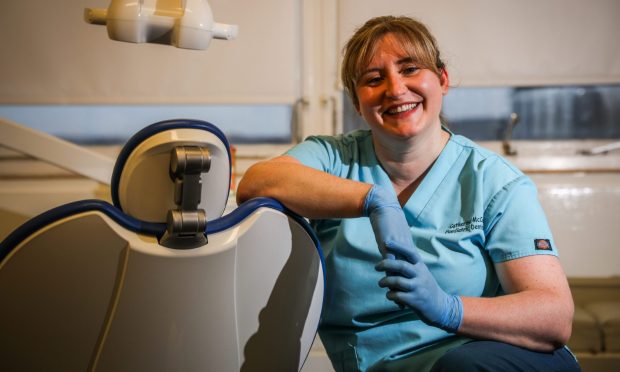


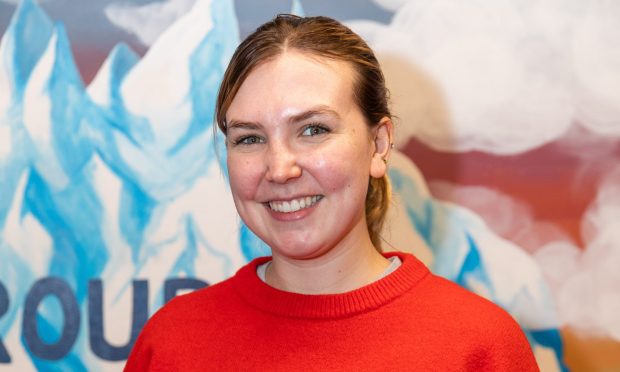
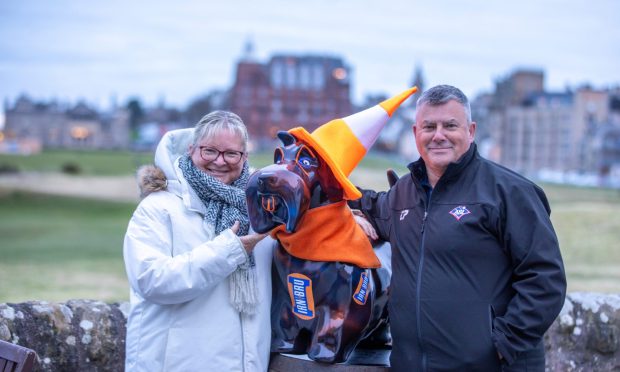

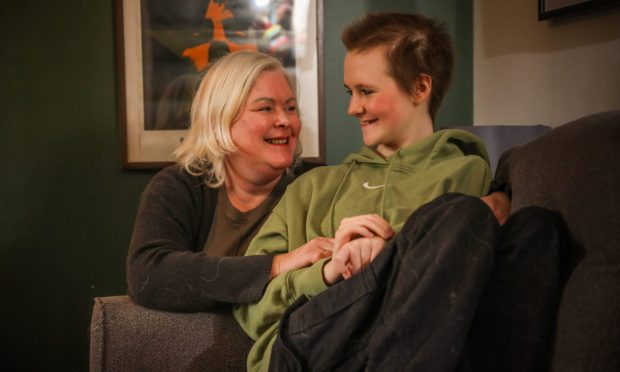
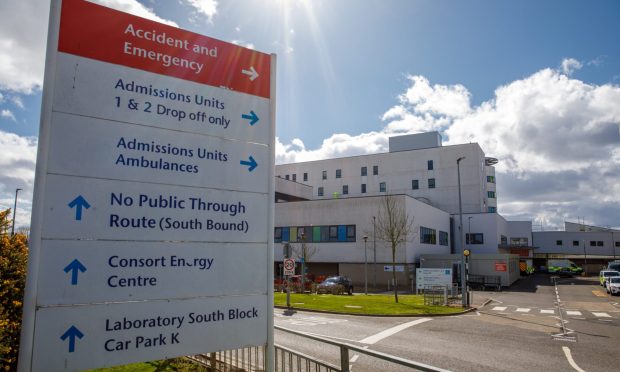
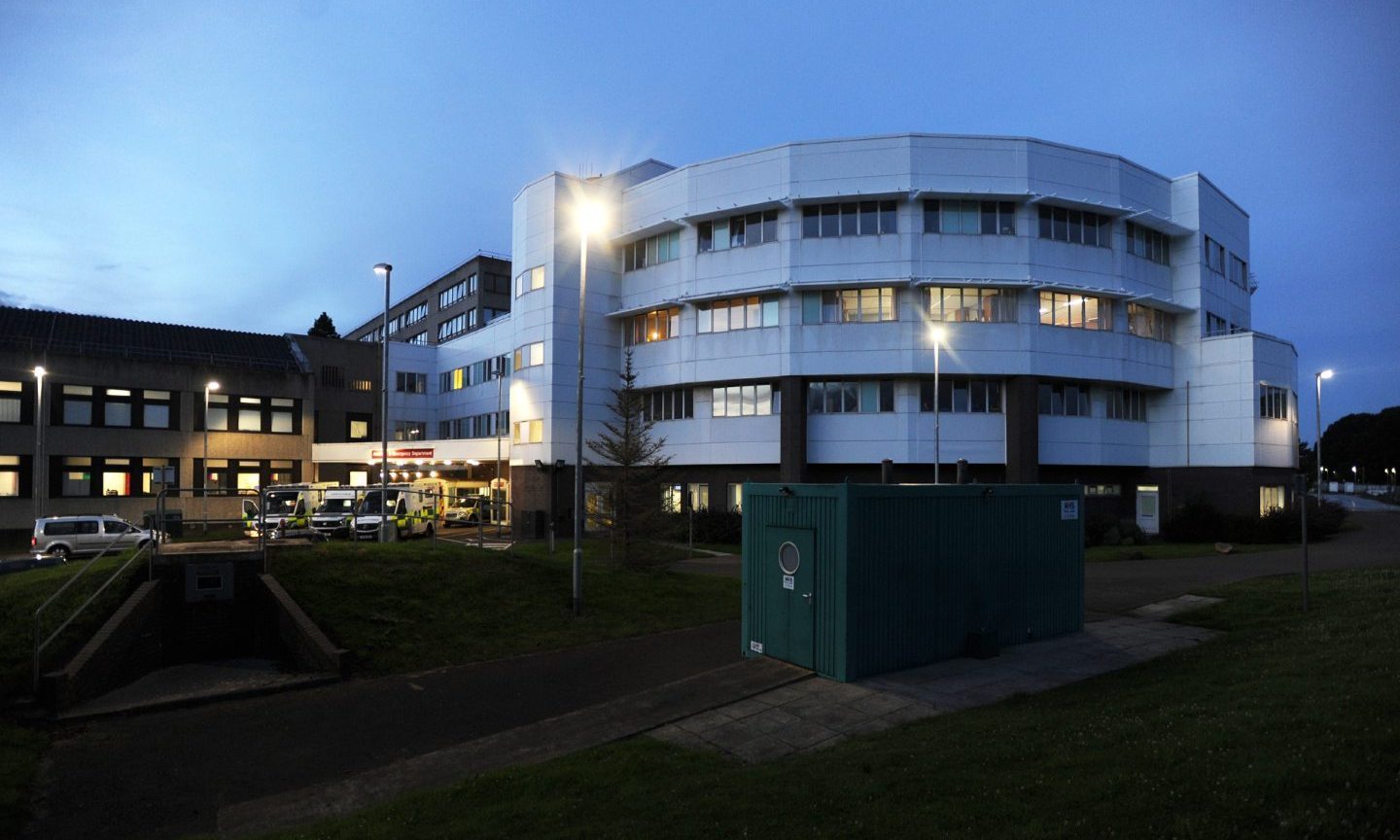
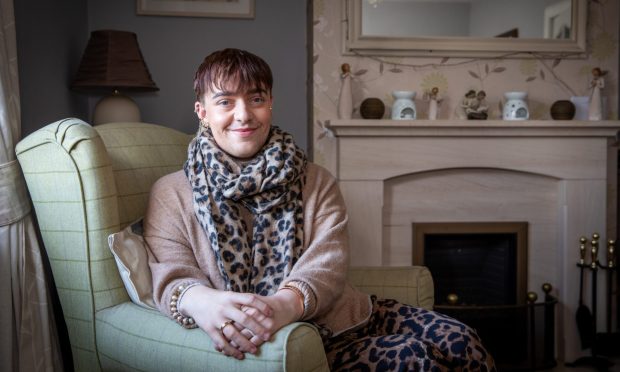
Conversation